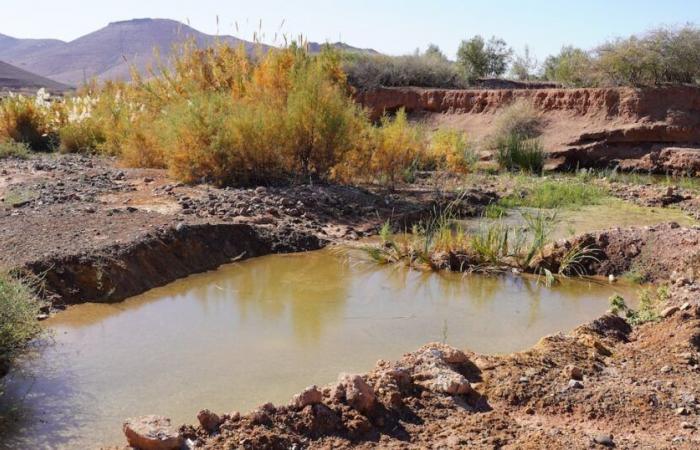“Morocco is one of the most water-poor countries in the world. With an estimated allocation of around 620 m³ of water per person per year, the Kingdom is already facing structural water stress. This alert, issued by the World Bank, appears in an analysis devoted to the effects of droughts and water shortages on the macroeconomic situation of Morocco, reported by The Economist in its edition of Wednesday January 15.
Under the combined effect of demographic pressure, growing demand from economic sectors and the negative impacts of climate change, this allocation could fall below 500 m³ per person per year by 2030. This is equivalent to a situation of absolute shortage.
In the long term, the country could record a loss in gross domestic product (GDP) of up to 6.5%. The cause: the increase in water consumption in several sectors (drinking water, agriculture, industry, tourism), which could cause a shortage with ripple consequences for the entire economy. The agricultural sector would be the most affected, leading to an increased reliance on imports, particularly of cereals, in order to compensate for the drop in local production. This situation would jeopardize the country’s food security, according to the analysis.
Droughts, according to the study, can have direct and indirect repercussions on the stability of the Moroccan banking sector. Agricultural losses risk spreading to other sectors, due to close links with agro-industry and agri-food, which represent around 27% of industrial production and 5% of GDP. This dynamic could lead to loan repayment problems (credit risk), instability of financial markets (market risk) and tensions on the liquidity of banks (liquidity risk).
Agriculture, a strategic sector for the Moroccan economy, is particularly vulnerable to repeated droughts. Morocco will need to increase its imports, particularly of cereals, to guarantee supplies to the local market and ensure food security. Furthermore, the lack of water could negatively affect exports. Industry and tourism would also be among the most impacted sectors.
To address this problem, Morocco has launched an ambitious investment plan in hydraulic infrastructure for the period 2020-2050, with a forecast budget of $41.3 billion over 30 years. However, the World Bank believes that these investments remain insufficient. It recommends better planning and optimized allocation of water resources. In addition, an upward revision of water prices could encourage more rational management, particularly for groundwater, the reserves of which are rapidly depleting.
Par Lamia Elouali
01/14/2025 at 8:03 p.m.






